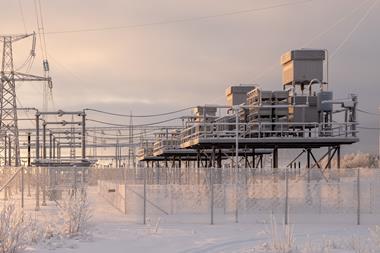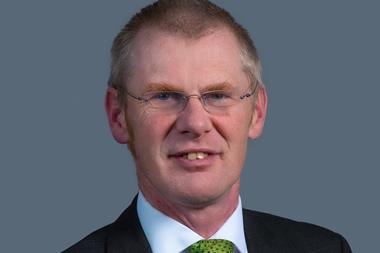Citizens from more than 40 countries are taking to the polls this year, making 2024 the biggest national election year in history. This fact from the opening keynote speech by Sudha David-Wilp of the German Marshall Fund of the US was not lost on the audience at the IPE Real Assets Infrastructure & Natural Capital Conference in Munich. “It’s truly a super election year, 2024; approximately half of the globe is at the polls,” she said.
The new government in the UK has moved fast to announce big ambitions to, among other things, launch a National Wealth Fund and consolidate the various parts of its pensions industry. Both moves are relevant to the world of real assets and have the potential to mobilise more capital for large, illiquid investments like infrastructure.

Of bigger importance to the world at large is the US election due in November. The incumbent administration has certainly affected global real assets markets through the passing of the Inflation Reduction Act (IRA) and the Infrastructure Investment and Jobs Act (IIJA). Both have helped catalyse investment into, among other things, clean-energy infrastructure and added impetus to the broad investment theme of energy transition.
The possible return to the White House by Donald Trump naturally leads to concerns about the potential for IRA and IIJA to be dismantled.
Political risk – particularly relating to investments in the energy transition – was a key talking point at the IPE Real Assets Infrastructure & Natural Capital Conference. “Going through an energy transition is largely a national policy matter and a financial matter, and it does require very strong political will,” said Albena Vassileva, executive director at IFM Investors. “And what we see right now, sadly, in 2024 compared to ‘21 or ‘22 [is that] political will is not at its highest point to support the energy transition.”

Sudha David-Wilp: ‘it’s truly a super election year’
As this year’s IPE Real Assets survey of infrastructure investors shows, political intervention and regulation were seen as the biggest risks for the second year in a row, and the proportion of respondents selecting this option rose from 30% to 42%. Political and regulatory uncertainty was also identified as the leading obstacle for new investments.
However, the more positive story to come out of the survey is that investors are by and large continuing to allocate to and invest in infrastructure, helped by the perception that the asset class has proven its stability during recent periods of volatility. The strong growth of recent years in allocations and investment activity has slowed but looks to be stabilising.
The C$265bn (€175bn) Public Sector Pension Investment Board (PSP Investments) is among several investor case studies included in the report. The performance of its C$40.8bn infrastructure portfolio over the past decade has been strong, returning 14.3%, 12% and 12.2% over one-year, five-year and 10-year periods, respectively.
The new UK government is keen to import the ‘Canadian model’ and chancellor Rachel Reeves has made it known that she has been holding meetings with a number of the ‘Maple 8’ – a group of large public pension funds that include PSP.
One way to achieve this goal would be to further consolidate the 86 local government pension schemes (LGPS), which collectively own more than £350bn in assets. There have been estimates that this could free up £40bn of capital for investment in infrastructure, although those working within LGPS have provided a more conservative ballpark figure of £16bn, and this would still be less than PSP has invested in the asset class alone.

PSP is among a number of Canadian pension funds – including CPP Investments, OMERS and Ontario Teachers’ – that have long-established offices in London to help them make direct investments in the UK and continental Europe. They have been joined more recently by Australian superannuation funds Aware Super and Australian Retirement Trust, and the latest wave of Canadian funds to do this, including British Columbia Investment Management Corporation and – most recently Healthcare of Ontario Pension Plan (HOOPP), which set up shop in the summer.
HOOPP is taking up space in the London office market at a time when demand in the city is declining. As part of our report on the future of cities, we look at the latest developments in the work-from-home (WFH) trend and what this means for office occupancy. We also look at the declining role of the office in institutional real estate portfolios.
























